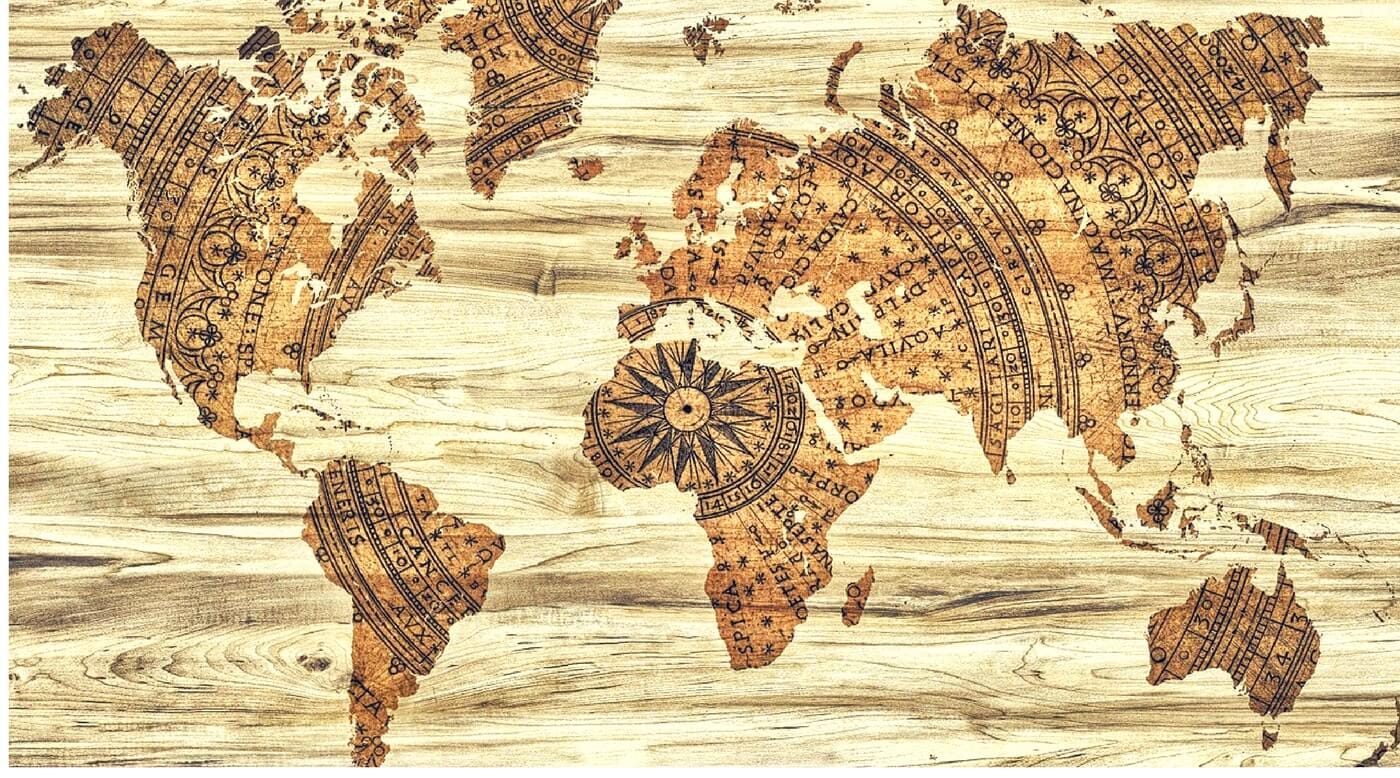Your Cart is Empty
EVERY ITEM MARKED DOWN 50% STORE WIDE CLEARANCE

Meta: How Thanksgiving is observed around the world.
While Thanksgiving in the US may mean gathering around the TV to watch football after having shared an enormous feast complete with turkey, stuffing, cornbread, pumpkin pie and cranberry sauce just to name some of the culinary delights, this is not the case all around the world. Many cultures have similar holidays, however the way they give thanks for the harvest in the way that their ancestors did for many years or simply give thanks for any of the many blessings in their life, is very often quite different to the American traditions that we know and love.
In Israel for example, the Jewish people celebrate the festival of Sukkot otherwise known as the Feast of Tabernacles, the weeklong event is based on the harvestof fruits and the associated thanksgiving that accompanied it. It has transitioned into a festival that focuses on the vulnerability of the not just our physical shelters but also our physical bodies and how we should engage in gratitude for not just our physical forms, but for our homes and dwelling places, as well as our agricultural and other blessings.

Jumping back to North America for a moment, in Canada people celebrate Jour de l'Action de Grâce otherwise known as Thanksgiving Day to those who have yet to learn French. On the second Monday in October, Canadians gather with their family and friends in order to remember and express gratitude for not just the agricultural harvestbut also for the many other blessings that they have experienced throughout the year. And of course to indulge in a meal that could probably feed three times as many people than what is actually sitting at the table, because what are the holidays for if not for an extreme expansion of our waistlines.

Now we move to Asia, because in Korea the harvest festival of Chuseok which spans over three days by the way, but this festival is slightly different to the ones mentioned before it and the Thanksgiving we know and love, as in Korea people involve their ancestors in the holiday celebrations. During the festival, Koreans take part in long passed on ceremonies in the early morning hours in order to keep the memory of family members and friends who have passed on alive, they also clean the tombs and make offerings of food and drink to those who are in the grave.
Moving on to Africa, in Ghana the festival of Homowo helps to remember the terrible impacts and realities of the famine that swept over Ghana in pre-colonial times. The festival occurs within the beginning of May, right when the harvest is just kicking off and lasts right up until the rainy season hits the country. Many festivities take place during this time of remembrance and gratitude, from dancing to face painting, performances and the re-enactment of cultural dances and songs.

In short, there are many ways of giving thanks but we should always remember to be grateful for all that we have and that lesson seems to have stood the test of time in cultures throughout the world. For more on holidays and more check out SirHoliday today.
Israel image;
https://cdn.pixabay.com/photo/2016/10/03/21/13/jerusalem-1712855_960_720.jpg
Harvest image for Canada:
https://cdn.pixabay.com/photo/2013/10/05/20/35/bale-191199_960_720.jpg
Ghana rice woman image:
https://cdn.pixabay.com/photo/2016/11/19/14/41/ghana-1839629_960_720.jpg
Comments will be approved before showing up.